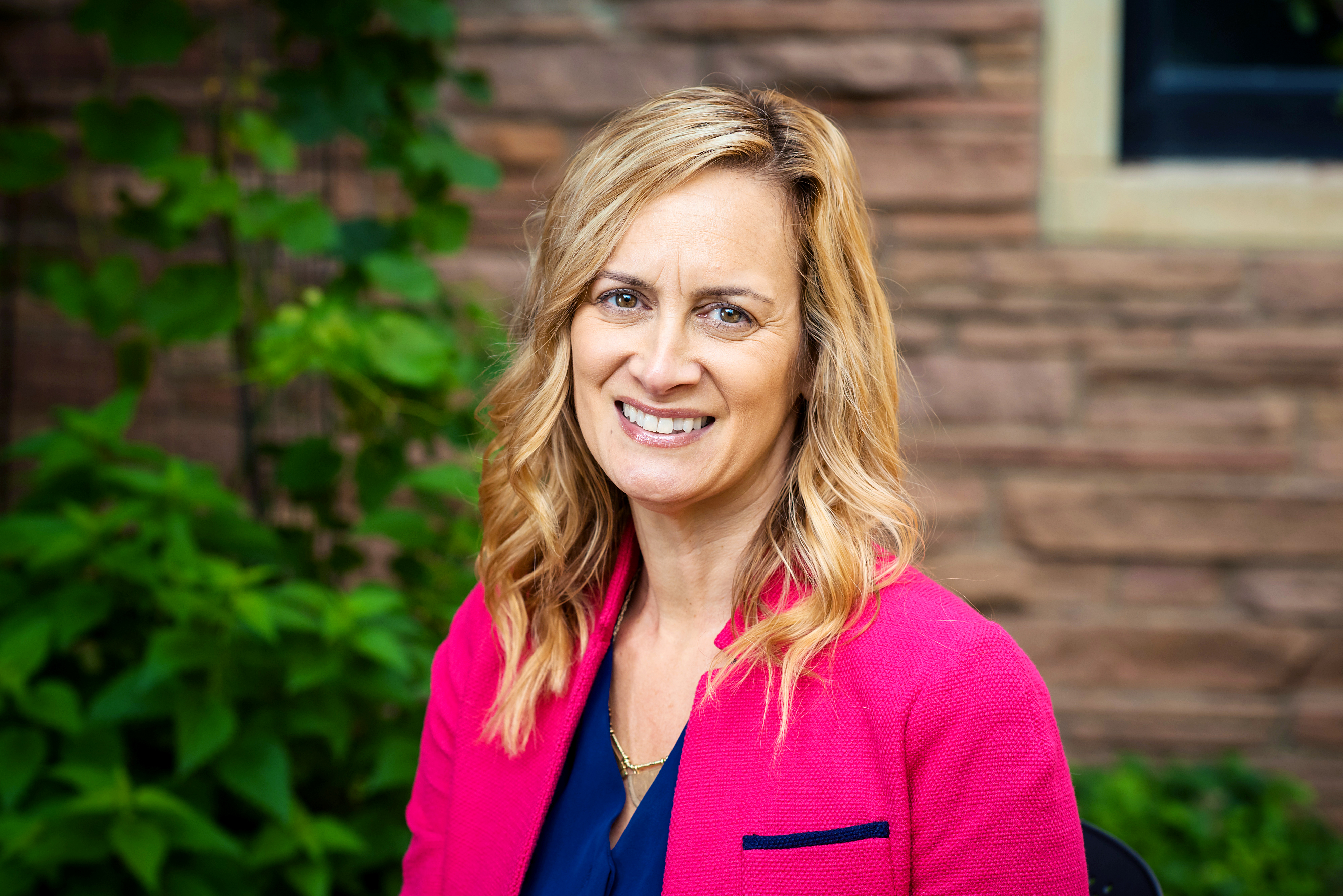Biliterate writing development in early childhood: Insights from young Latinx bilingual children’s explorations of oral and written language
Mileidis Gort, University of Colorado Boulder
Abstract
In recent decades, researchers have documented how emergent bilingual children’s explorations of oral and written language support their biliteracy development. Embracing children’s lived experiences, classroom- and community-based research has helped us better understand how young children integrate and mobilize their dynamic repertoire of linguistic resources to engage in multilingual, multimodal literacy acts. Through participation in multilingual and multicultural social networks throughout the world, young bilinguals enact complex language and literacy practices. These youth transact with literate worlds to create and transform knowledge for many meaningful purposes.
This talk highlights the contributions of young, Latinx children’s language and literacy understandings and practices to their
I show how diverse bodies of knowledge which exist in households and communities that develop from people’s social histories and from their everyday practices—or funds of knowledge (González, Moll & Amanti, 2005)—influence bilingual children’s interactions with oral and written language and contribute to their
Biography
 Mileidis Gort is Professor of Educational Equity and Cultural Diversity at the University of Colorado Boulder. Previously, she held faculty appointments at the University of Connecticut, University of Miami, and The Ohio State University. Dr. Gort brings an interdisciplinary orientation to her scholarship and teacher education work, having been trained in Human Development, Sociolinguistics, and Education, with a focus on the language, literacy, and cultural resources of school-age bilingual populations. Embedded in the ethnographic tradition, her work explores Spanish-English bilingual children’s literate processes and bilingual enactments—with a focus on the ways children engage with the production of texts in each language, and the contexts that mediate their composing processes and developing understandings of written language. She is the editor of The Complex and Dynamic Languaging Practices of Emergent Bilinguals (Routledge, 2018) and the co-editor of Early Biliteracy Development: Exploring Young Learners’ Use of their Linguistic Resources (Routledge, 2012). Dr. Gort has guest edited special issues on biliteracy and bilingualism in International Multilingual Research Journal, Journal of Early Childhood Literacy, and Language Arts. Currently, she serves as editor of the Research in Bilingual Education Book Series (Information Age Publishing) and co-editor of the International Multilingual Research Journal.
Mileidis Gort is Professor of Educational Equity and Cultural Diversity at the University of Colorado Boulder. Previously, she held faculty appointments at the University of Connecticut, University of Miami, and The Ohio State University. Dr. Gort brings an interdisciplinary orientation to her scholarship and teacher education work, having been trained in Human Development, Sociolinguistics, and Education, with a focus on the language, literacy, and cultural resources of school-age bilingual populations. Embedded in the ethnographic tradition, her work explores Spanish-English bilingual children’s literate processes and bilingual enactments—with a focus on the ways children engage with the production of texts in each language, and the contexts that mediate their composing processes and developing understandings of written language. She is the editor of The Complex and Dynamic Languaging Practices of Emergent Bilinguals (Routledge, 2018) and the co-editor of Early Biliteracy Development: Exploring Young Learners’ Use of their Linguistic Resources (Routledge, 2012). Dr. Gort has guest edited special issues on biliteracy and bilingualism in International Multilingual Research Journal, Journal of Early Childhood Literacy, and Language Arts. Currently, she serves as editor of the Research in Bilingual Education Book Series (Information Age Publishing) and co-editor of the International Multilingual Research Journal.
